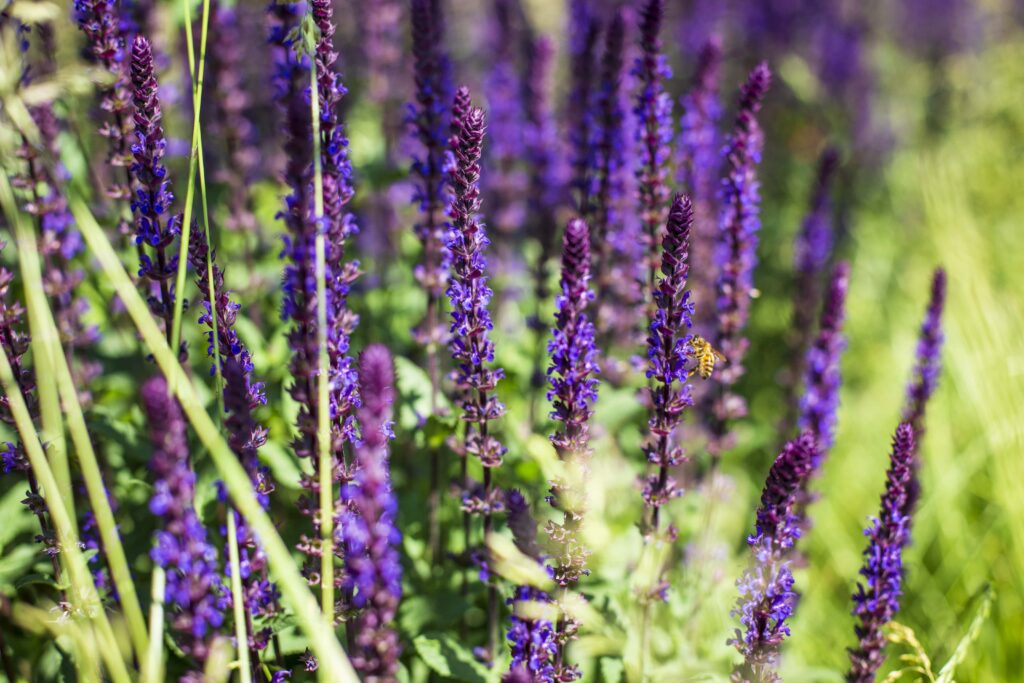
Natural gardening makes it possible to produce crops that taste good and are good for your health. Preserving biodiversity, protecting, and nourishing the soil and plants without using chemicals are the basics of natural gardening.
Everything you need to know about natural gardening
The gardener is part of a whole, he must learn to work with nature rather than trying to control it. By preserving or promoting biodiversity, the garden will regain a beautiful balance that will be conducive to abundant harvests, healthy, tasty and rich in nutrients, but also to obtaining a garden so full of flowers that it will be admired by all!

Restore balance in your garden
In nature, plants grow without human intervention. The soil, rich in life and always supplied with organic matter, is able to receive plants that settle there spontaneously. This last notion is important because plants settle where the conditions are most suitable for them to grow. Some will be satisfied with a poor and dry soil while others will need a fresh and humid soil. They can grow, flower and even produce fruit naturally.
The gardener often makes considerable efforts for a lesser return. In trying to do too much, he sometimes makes mistakes that cause fundamental imbalances resulting in a loss of biodiversity, a disrupted balance between prey and predators and the disappearance of pollinating insects. Bad gardening practices such as turning over the soil, destroying ecosystems or tracking down the smallest insect with phytosanitary products often have catastrophic results on cultivated plants, which have a much harder time growing than those left to their own devices in nature.

Make the best out of what already exists in your garden
Taking into account what exists in a garden is a fundamental notion for natural gardening. In each garden, there are positive and negative points that one must take advantage of or live with. Some parameters deserve to be particularly observed.
-The climate, the nature of the soil, the exposure are of course all important in the choice of plants that can be grown or not in this specific garden. For example, planting tropical plants or citrus fruits in an area where frost is common is a waste of time, energy and money. It is better to choose plants that are adapted to the soil because they do not need to be acclimated. Observe the plants that grow spontaneously, you will be able to deduce the nature of your soil and therefore choose plants that will grow better in your garden!

-Assessing the biodiversity is also very important. A large presence of birds, mammals or reptiles is a sign of a good balance. These predators will be able to deal with many pests naturally. Similarly, if pollinating insects are present in large numbers, they will ensure a good production of fruits and vegetables. On the other hand, if diseases and pests are present in large numbers, this is evidence of an imbalance that will need to be corrected by promoting biodiversity, among other things. Evidence of an imbalance can also result from abiotic stress (change of environment) or from invasive pests.
Make gardening easier
Observing, favoring biodiversity, taking the soil into great consideration and creating zones that welcome natural flora and fauna will ensure the return of a good balance in the garden. From this will come an ease of cultivation and maintenance for the gardener, who will have less to worry about maintenance and treatments. Everything becomes easy, with the result of abundant and succulent harvests and a garden in full bloom!